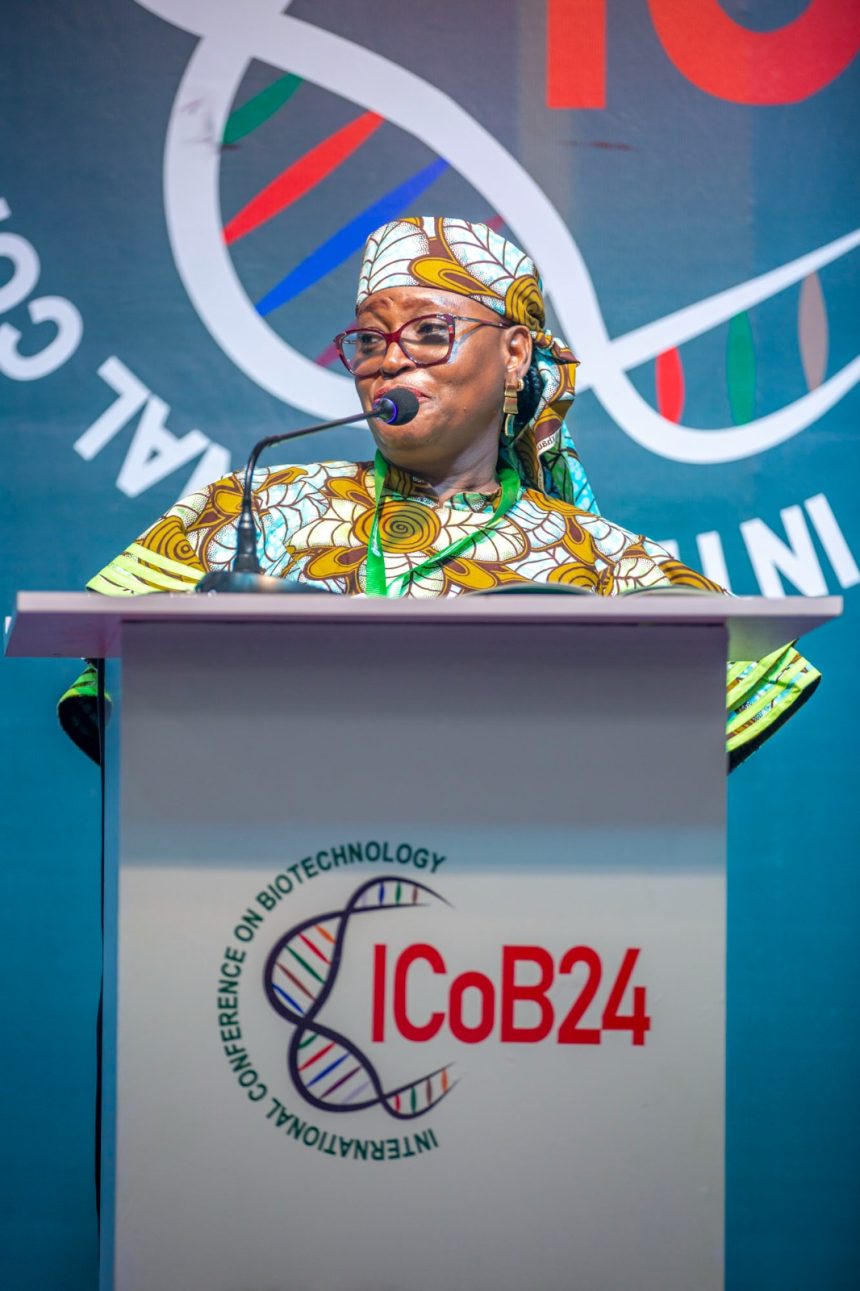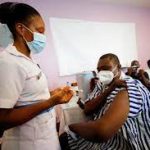By Onche Odeh
Chair of the Local Organizing Committee (LoC) for the International Conference on Biotechnology (ICoB24), Dr. Rose Gidado has said Africa could leapfrog the region’s current development challenges to become world leaders in innovations using biotechnology as the driver if the proceedings from the conference are put into action.
In her remark during the closing ceremony of the five-day conference held from July 15 to 19 at the Nigerian Air force Conference Centre, Abuja, Dr. Gidado stated that the contributions from the participants, their engagements, queries and discussions have enriched the conversation on the relevance of biotechnology, and created a platform for Africa to foster meaningful connections for innovation and development.
Like other speakers, the ICoB24 LOC Chair used the occasion to remind the participants of the need to keep the knowledge acquired during the conference handy in their decision-making process.
In this regard, she said, “As we depart, let us carry with us the knowledge, inspiration, and networks forged here, and continue to work together towards a future where biotechnology improves lives and sustains our planet.”
Dr Gidado’s closing remarks dovetails to her remarks on the opening day, in which she emphasized the need for Nigeria and other countries in Africa to go into strategic partnerships that foster financial investment, knowledge sharing, and resource mobilization to convert research outcomes into market-driven solutions.
According to her, the conference deliberations would spark groundbreaking changes that would contribute to a future where biotechnology innovation drives eco-friendly and inclusive economic growth, while urging the participants to harness the power of dialogue and intellectual curiosity to overcome ignorance and catalyze innovation.
She said the conference has set the stage for transformative changes in Nigeria’s biotechnology landscape, adding also that it has provided opportunities for scientists and researchers to highlight advancements in biotechnology globally and discuss their potential applications and benefits to the African continent, as well as demonstrate the technology’s potential to drive economic growth by connecting African scientists, entrepreneurs, policymakers, and other stakeholders with international expertise.
ICoB24, organised by the National Biotechnology Research and Development Agency (NBRDA) featured experts discussions on modern biotechnology, its adoption, adaptation, and the opportunity to address some of the contentious issues surrounding Genetic Modification.





